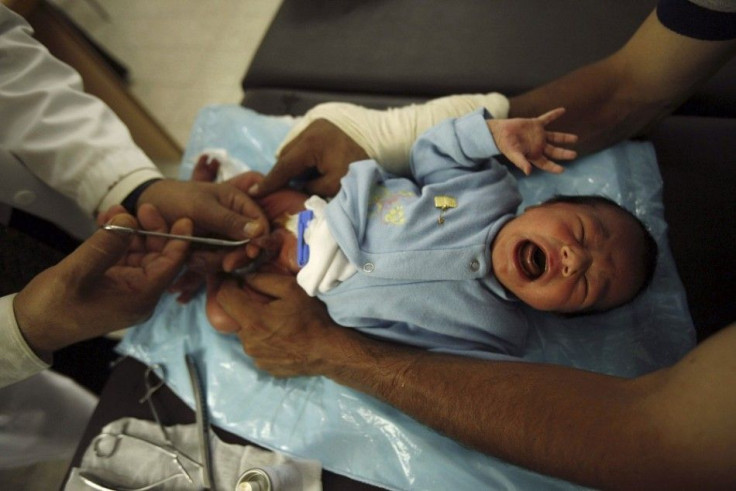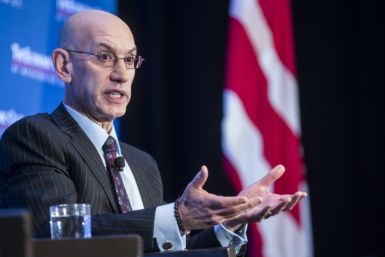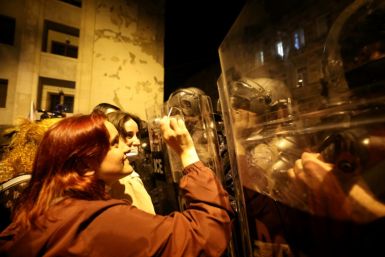Draft CDC Guidelines Say Benefits Of Male Circumcision Outweigh Risks

The question "To cut or not to cut the penis's foreskin" would get another round of debate anew in the medical community as the U.S. Centers for Disease Control and Prevention (CDC) issued on Tuesday draft guidelines on circumcision.
The guidelines are considered a landmark since it would be the first issued by the federal government, stating that scientific evidence say the benefits outweigh the risks.
YouTube/CBS SF Bay Area
However, in the end, it is a personal decision that could take into consideration the religious and cultural preferences of the person or his family, said Dr Jonathan Mermin of the CDC.
Among the benefits cited by the CDC guidelines are it lowers a man's risk of acquiring sexually transmitted diseases, cancer of the penis and urinary tract infection by removing the foreskin where germs could grow. Some studies even include reduction of risk for prostate cancer.
Evidence of the benefit of circumcision was provided by a study in Africa that the procedure could even help stop the spread of the fatal AIDS virus, which the CDC took into consideration when it began to draft the guidelines in 2007. The CDC also said that clinical trials showed that circumcision could cut the rate of HIV infection risk by up to 60 percent over time.
While the American Academy of Pediatrics encourages the practice, infant circumcision rates in the US have been going down over the years from a high of 80 plus percent in the 1950s and 1960s to 58 percent in 2010. The academy issued a policy statement in 2012.
Seattle-based Dr Douglas Diekema, who worked on the policy statement, anticipates that anti-circumcision groups would oppose the CDC guidelines. He said, quoted by CBS, "This is a passionate issue for them and they feel strongly that circumcision is wrong."
Because of the anti-circumcision campaign, 18 states refuse to pay for newborn circumcision which costs $150-$200.






